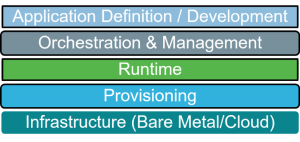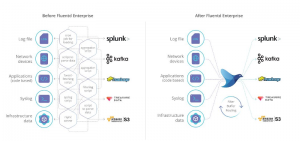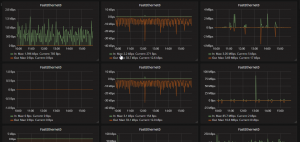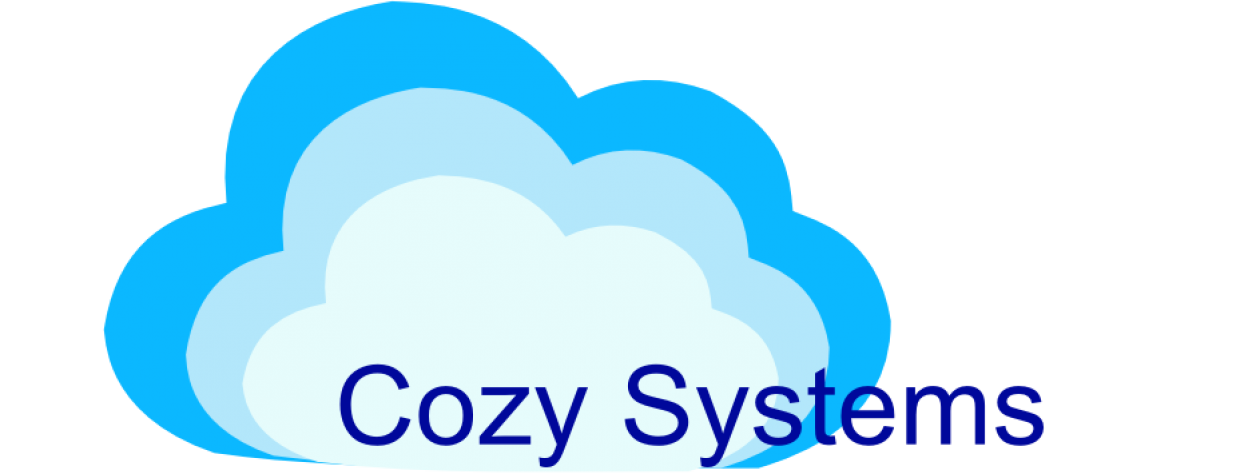We specialize in helping our customers reap all the benefits of adopting cloud native architecture. Cloud-native is a way of approaching the development and deployment of applications in such a way that takes account of the characteristics and nature of the cloud – resulting in processes and workflows that fully take advantage of the platform

The advantages of this approach mean that, for individual microservices, you can now take advantage of automation in various ways to maximize efficiency and free time and money

Auto-provisioning: automatically provisioning environments as code
Auto-scaling: tracking the various components of your application and releasing and pulling resources automatically where appropriate
Auto-redundancy: cloud-native apps are inherently resilient to failure. In the event of an issue, app processing instantly moves to another server or data center automatically and seamlessly.
This is a much more granular means of deploying the minimum resources necessary to reliably maintain performance.While it’s possible to just move your app with its legacy codebase to a cloud platform, that robs you of the benefits of being truly cloud-native.
The Cloud Native Computing Foundation hosts a number of open source projects that help run microservice apps. Here are a few of them:

Kubernetes: the leading container orchestration platform that lets you deploy and manage containers at scale

Fluentd: unifies logging by collecting and sharing log data almost everywhere you need it via 500+ plugins
 Prometheus: a monitoring tool that records time-series data for distributed service- oriented applications. Its strength is that it can function even if the rest of the system has failed.
Prometheus: a monitoring tool that records time-series data for distributed service- oriented applications. Its strength is that it can function even if the rest of the system has failed.
This is the biggest advantage of a cloud-native architecture—that it takes you from idea to app in the quickest possible time! Don’t you want that? We bet you do! Talk to us today so that we can help you embark on this journey as soon as possible.
